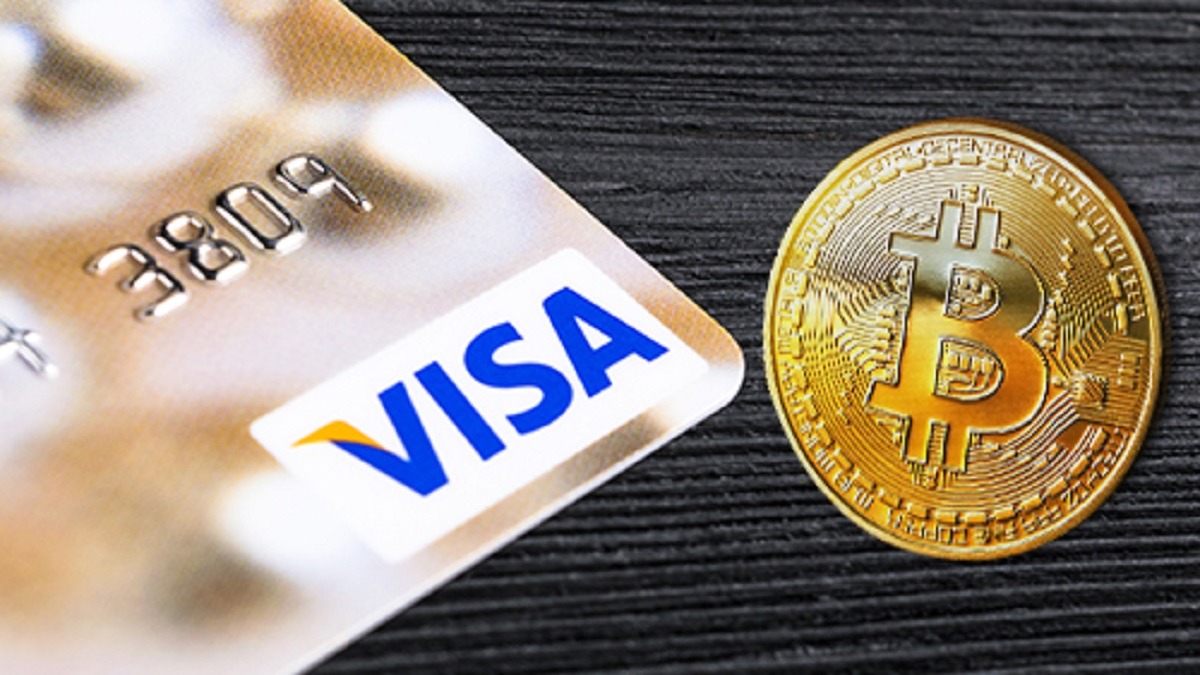According to the new rules, projects in the field of decentralized finance come under the supervision of regulators only if any persons retain control or sufficient influence on the project.
The Financial Action Task Force on Money Laundering (FATF) has released a revised version of the digital asset regulation guideline that sets standards for dealing with the decentralized finance (DeFi) sector and non-fungible tokens (NFT), according to The Block .
The regulator urged states to show flexibility in introducing new rules, as market participants experience difficulties in introducing mechanisms to follow the updated standards.
In an updated document, the FATF clarified that a virtual asset (VA) is not just a digital representation of value, but an entity that must own a tradable component and transfer value. The regulator classifies NFT tokens as a virtual asset only if they are used for payment or investment purposes.
“Other NFTs are digital representations of financial assets that are already covered by the FATF standards. Therefore, they are excluded from the definition of IA, but fall under the standards as this type of financial assets, ”the document says.
The first version of the digital asset regulation guide was presented by the FATF in 2019. Then the organizations working with cryptocurrencies were obliged to comply with measures to combat money laundering and terrorist financing.
Regarding the DeFi sphere, the regulator clarified that such projects in some cases may not be suppliers of digital assets. They are subject to FATF rules only if the developers, owners, operators or others retain “control or sufficient influence over the DeFi mechanisms.”
“Situations of DeFi projects claiming to be decentralized when there is actually a person with control and sufficient influence is fairly common,” the updated guidance says.


